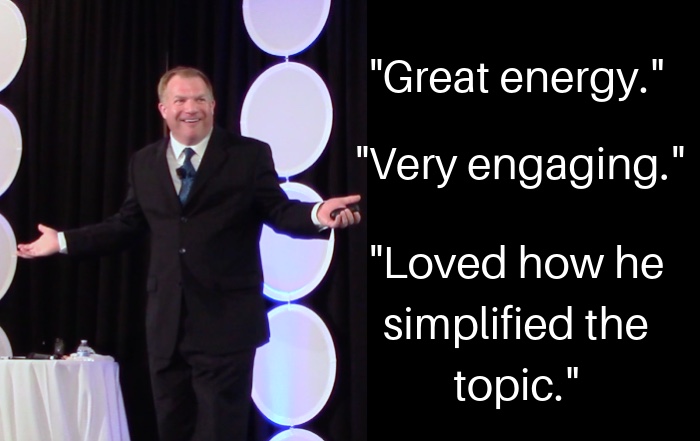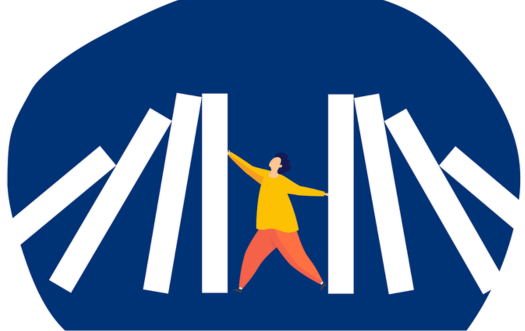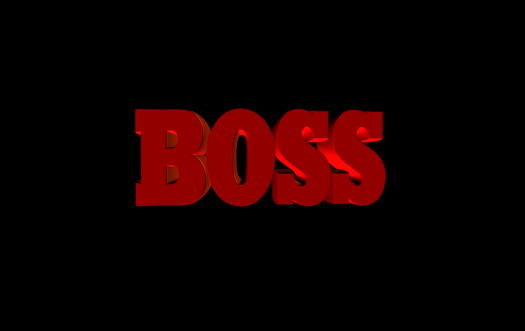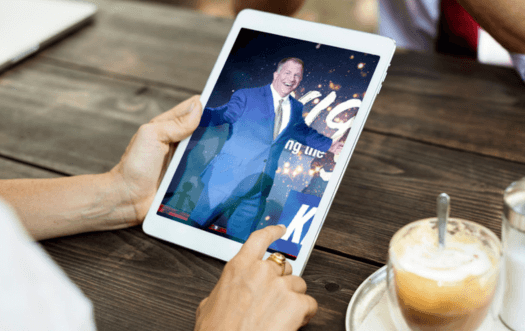 Adjusting your plans at work is an important skill during times of change, stress, or disruption. I think most would agree 2020 has provided a lot of each challenge.
Adjusting your plans at work is an important skill during times of change, stress, or disruption. I think most would agree 2020 has provided a lot of each challenge.
Think of your adjustment like what can happen to a first time hiker. One of the common mistakes a hiker makes is putting too much stuff into a backpack.
All of the items are useful but when combined, they add a lot of weight. If you do a practice hike up and down your street, you don’t notice the weight. But when you’re on the first of many steep trails, you realize you have too much stuff.
This is when the success of your hike depends on your ability to adjust your plans. Don’t be embarrassed or ashamed of this process. You lacked some information or insight but now can make positive changes.
On the job, you may realize your backpack of work is weighing you down and changes are needed. Here are some tips to help you with that process:
Nice vs. Necessary Plans
At the start of 2020, you may have had a lot of achievable plans. With the coronavirus shutting down so much of the economy, you may need to revisit your list.
Think again of the heavy backpack. Imagine emptying it out and then deciding what are the things you have to bring with you and what can be left behind.
Do the same thing for your plans. A plan you set aside is not a bad plan. It’s just one that doesn’t fit right now.
You don’t want to burn out yourself and your team, trying to accomplish too much. It’s okay for some things to be left until another time.
Think Timeframe
Many are trying to accomplish a year’s worth of work in what will likely be significantly less time. Even if your organization seamlessly shifted to remote work, there’s likely been a loss of productivity.
The frustrating thing is that you can’t make more time but you can make the most of the time you have.
For hikers, there are elements you can’t control that demand you make adjustments. A sprained ankle or dark clouds on the horizon may force you to take a shorter trail or double back sooner.
On the job, you may be forced to embrace the fact that you’ve got less time to get things done.
Do You Need Go Faster?
Adjusting your plans at work may require you to make a quick change. Maybe you need to urgently offer new services to customers in order to generate revenue. How you get there should be rooted in strategy.
A hiker may need to pick up the pace to reach a destination. Constantly running fast may just lead to exhaustion.
Instead, the hiker may choose to run while going downhill and walk normally uphill. You get an overall speed increase that is easier to physically maintain.
At work, some may try to go faster, with a project, by working extra hours every day. But as the hiker discovered, that strategy won’t work over time, as you’re slowly moving toward burnout.
In your organization, going faster may mean reallocating employees to put more people power on a project. This is another situation, where in order to do this, some other projects will have to be put aside.
Along those lines, don’t focus too much on matching the pace of your competition. They may be exhausting themselves or are able to move faster due to an advantage you don’t have, like a larger staff. Adjusting your plans needs to be realistic not aspirational.
Choose a pace that you can maintain and stay focused on your plan.






